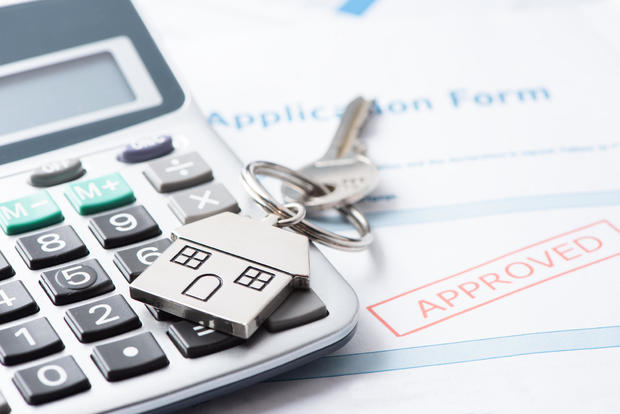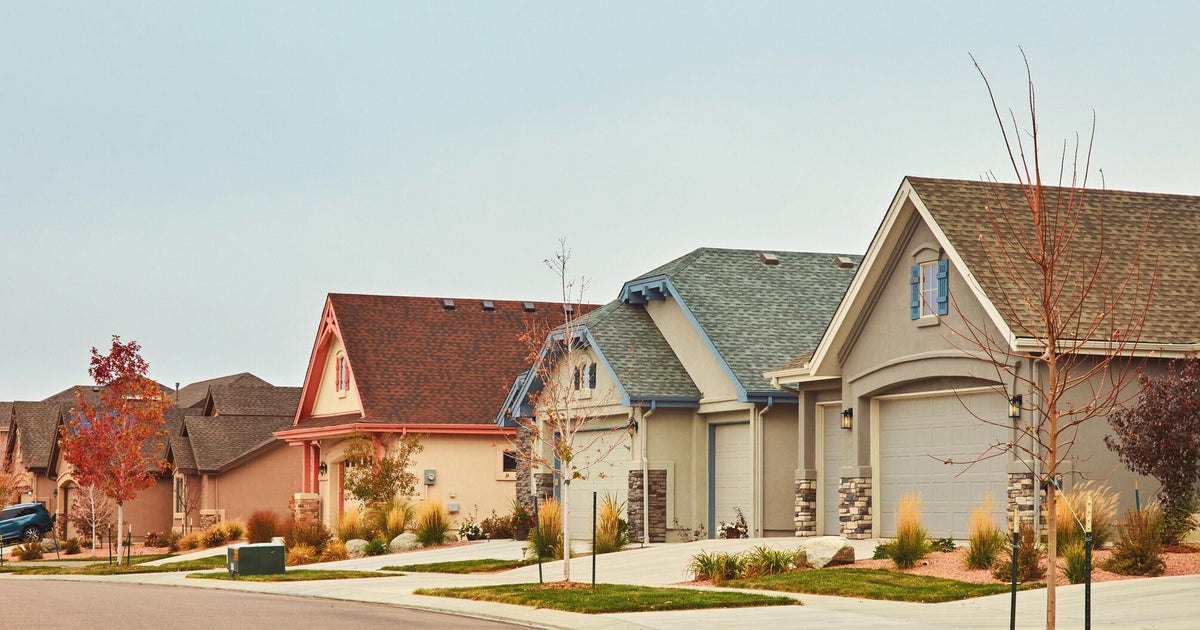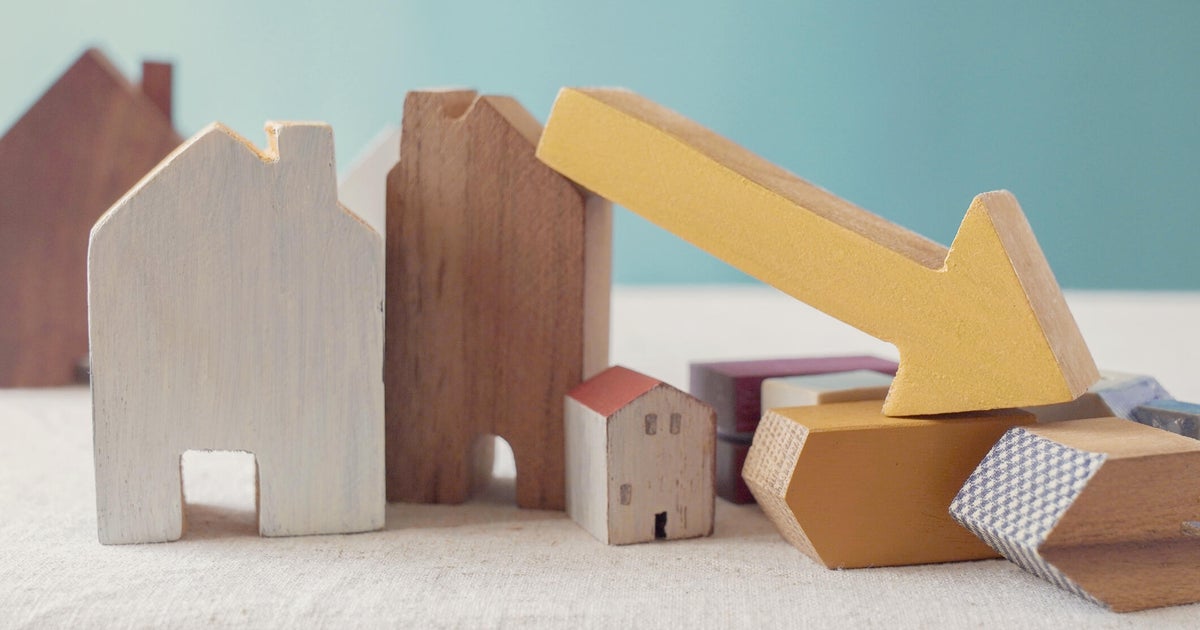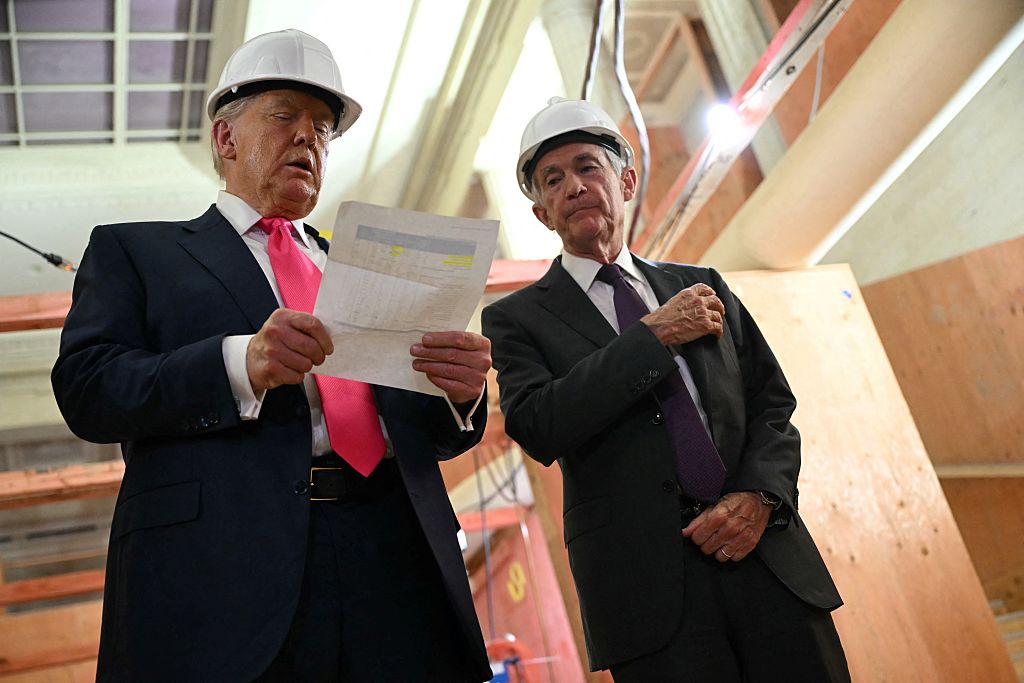How much would a $750,000 mortgage cost per month now?
The homebuying landscape has been challenging over the last few years. As inflation remained persistent, an elevated interest rate environment dramatically increased the cost of borrowing, and other issues, like high home prices and limited inventory, placed additional pressure on buyers. That landscape is rapidly shifting, though.
This week, the Federal Reserve slashed its benchmark rate by 50 basis points rather than the anticipated 25-basis-point cut, which could signal a turning point for mortgage rates. While the full ripple effects of the rate cut aren't clear just yet, mortgage rates recently plunged to a two-year low, easing some of the financial pressure on buyers. Should the Fed continue to implement rate cuts over the next few months, as many experts expect, it could lead to even more favorable mortgage rate conditions over time.
Given the shifting rate environment, it's important to understand the potential costs associated with taking out a mortgage loan right now. Here, we'll calculate how much a $750,000 mortgage loan would cost under current conditions and how these costs might change if rates continue to decline.
See how low of a mortgage rate you could lock in here today.
How much would a $750,000 mortgage cost per month now?
To calculate the monthly cost of a $750,000 mortgage, we'll use the current average rate for a 30-year fixed mortgage, which is 6.15%. We'll assume a 20% down payment of $150,000, bringing the total loan amount to $600,000. We'll also look at the average monthly cost for the same loan using a 15-year fixed mortgage at a rate of 5.65%, the current average. Keep in mind that this calculation doesn't include additional costs such as property taxes, homeowners insurance or private mortgage insurance (PMI), if applicable. Here's what you can expect to pay for both 15- and 30-year mortgage loan payments on a $750,000 loan using today's mortgage rates:
- 30-year fixed mortgage at 6.15%: $3,655.37 per month
- 15-year fixed mortgage at 5.65%: $4,950.39 per month
Looking ahead, if we anticipate further rate cuts from the Fed, we might see mortgage rates drop even lower. To illustrate, let's consider a scenario in which the Fed rate falls by another half percentage point and mortgage rates follow suit:
- 30-year fixed mortgage at 5.65%: $3,463.41 per month
- 15-year fixed mortgage at 5.15%: $4,791.78 per month
As you can see, even a modest decrease in interest rates can lead to significant savings on monthly mortgage payments. For a $750,000 home, a half-point rate reduction could save homeowners nearly $192 per month on a 30-year mortgage loan. On a 15-year mortgage loan, buyers could potentially save about $159 per month by waiting.
It's important to note, though, that there are no guarantees that rates will drop further in the future. And even if the Fed conducts more rate cuts, it's unlikely that mortgage rates will fall by the same amount. Numerous factors impact mortgage rates and the Fed rate decisions are just one of them. So, what happens with mortgage rates all depends on where the economy heads over time and what factors are at play at that point.
Ready to buy a home? Compare the best mortgage loan rates available to you here.
Should you wait for rates further to drop to buy a home?
While lower rates can make homeownership more affordable, they shouldn't be the sole factor in your decision-making process. Here are some points to consider as part of your decision:
- Market timing is difficult. While rates may continue to drop, it's impossible to predict with certainty. Waiting for the "perfect" rate could mean missing out on good opportunities in the meantime.
- Home prices may increase. As rates drop and more buyers enter the market, home prices could rise due to increased demand. The savings from a lower interest rate might be offset by a higher purchase price.
- Buying could still be cheaper than renting. If you're currently renting, compare your rent payments to potential mortgage payments. Even at current rates, buying might be more financially advantageous in the long run.
- Refinancing is always an option in the future. Remember that if you buy now and rates drop significantly in the future, you may have the option to refinance your mortgage at a lower rate.
- Home loan payments build equity. The sooner you buy, the sooner you start building equity in your home.
- There are tax benefits to owning a home. Homeownership often comes with tax advantages that you don't get as a renter.
The bottom line
While a $750,000 mortgage represents a significant financial commitment, current market conditions are creating more favorable terms for borrowers. Right now, mortgage rates are at a two-year low, making it more affordable to buy a home, and as the Fed continues to adjust its policies and the economy evolves, it could get even cheaper — but there's no guarantee it will happen. So, potential homebuyers should stay informed about market trends, calculate costs carefully and consider their unique circumstances when deciding whether to enter the housing market.




